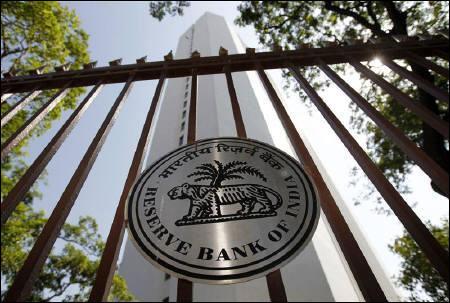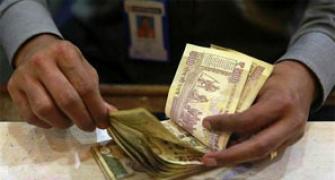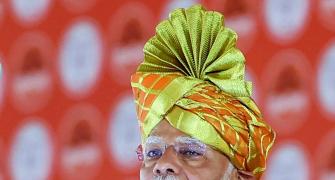 The Reserve Bank of India (RBI) will make its bi-monthly policy announcement next week. The macroeconomic backdrop to this event is perhaps the most reassuring in the past several quarters.
The Reserve Bank of India (RBI) will make its bi-monthly policy announcement next week. The macroeconomic backdrop to this event is perhaps the most reassuring in the past several quarters.
The Budget has come and gone, with the finance minister showing commitment to the previous government's deficit-reduction plan. Industrial production in May showed its fastest growth in almost two years.
The current-account deficit has sharply contracted. The stock market is buoyant and the rupee is stable. The government seems determined to get stalled infrastructure projects moving again.
And, most importantly, inflation, both wholesale and consumer, has shown distinct signs of softening. Overall, there seems to have been a sharp revival in sentiment, something that would undoubtedly be reinforced if the RBI were to initiate a turn in the interest-rate cycle.
The finance minister, like his predecessors were prone to do, has already expressed his desire for lower rates. Should the RBI oblige?
As rosy as the macroeconomic picture might be, there are a number of contradictory factors that the RBI needs to consider while making its decision. One, as benign as the oil price situation has been in the face of persistent conflict in West Asia, this is not something that can be taken for granted.
A sharp rise in prices can quickly destabilise the macroeconomy on multiple fronts, including inflation. And while the monsoon has shown distinct signs of revival, it is too early to predict the consequences of the first-half deficiency on production and prices. The behaviour of vegetable prices during July certainly suggests potential problems. A flare-up in food inflation after a repo rate cut would well lead to a pause in the next announcement, diluting the impact of a cut done next week.
And, importantly, the RBI's most recent household survey of inflation expectations shows that expectations, while showing signs of declining, are still well above 10 per cent.
A rate cut in this situation risks sending the signal that the RBI is comfortable with these levels, which is somewhat contradictory to its stated objective of bringing them down.
The pros and cons, therefore, are finely balanced. Which way should the scales tilt? Business Standard is of the view that maintaining the status quo is the RBI's best option in the upcoming announcement.
This is based on three considerations. First, while inflation has indeed softened over the past month, the upside risks currently outweigh the prospects of moderation. Food prices have been the bane of monetary policy for long; there needs to be a sustained moderation to create adequate space for an easing phase in interest rates.
Second, the government has made several commitments to easing supply-side constraints and fiscal consolidation, but there's many a slip between the cup and the lip. Delivery on these commitments will again create a larger space for stimulus.
Third, there is the critical issue of credibility. The RBI is clearly determined to strengthen and entrench its inflation-fighting credentials, most recently reflected in its proposed shift to an inflation-targeting regime. It would risk credibility if a cut in August was proved to be premature by events. The potential stimulus provided by a 25-basis-point cut is not worth the risk.










